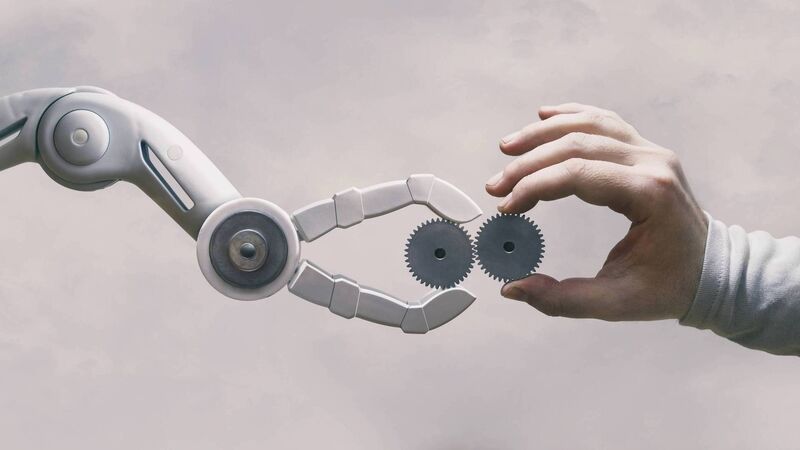Automation: When humanity becomes just another app

From retail workers losing employment to online delivery sites such as Amazon and farm laborers being pushed out by automated machinery, to self-checkouts taking over for those working in food shops, there is an endless stream of technology taking over for human workers.
When environmentalist and researcher Seán McDonagh left Ireland to live with a tribal group in the Philippines in the late 1960s, he told his mother he would call her once a month. He would travel seven hours by bus to the only place on the island where you could make an international call.
After a few minutes the line, which he would pay about €5 a minute for, would break, and off he would travel up the mountain again. We could never imagine such a feat to make a phone call nowadays.








